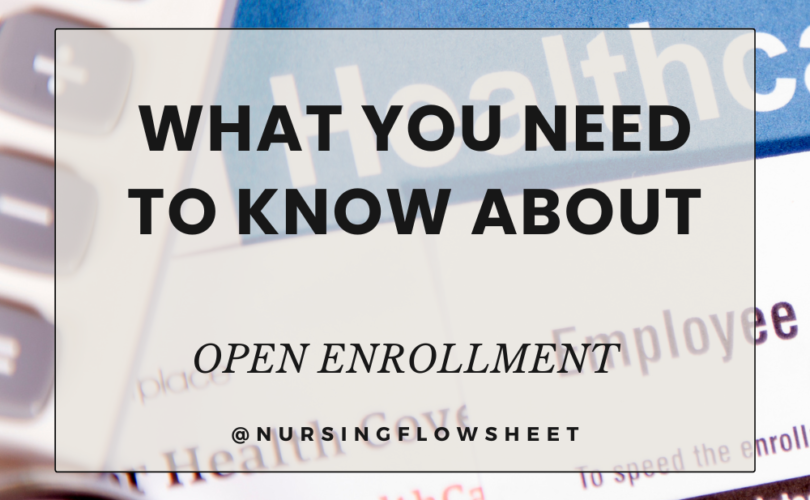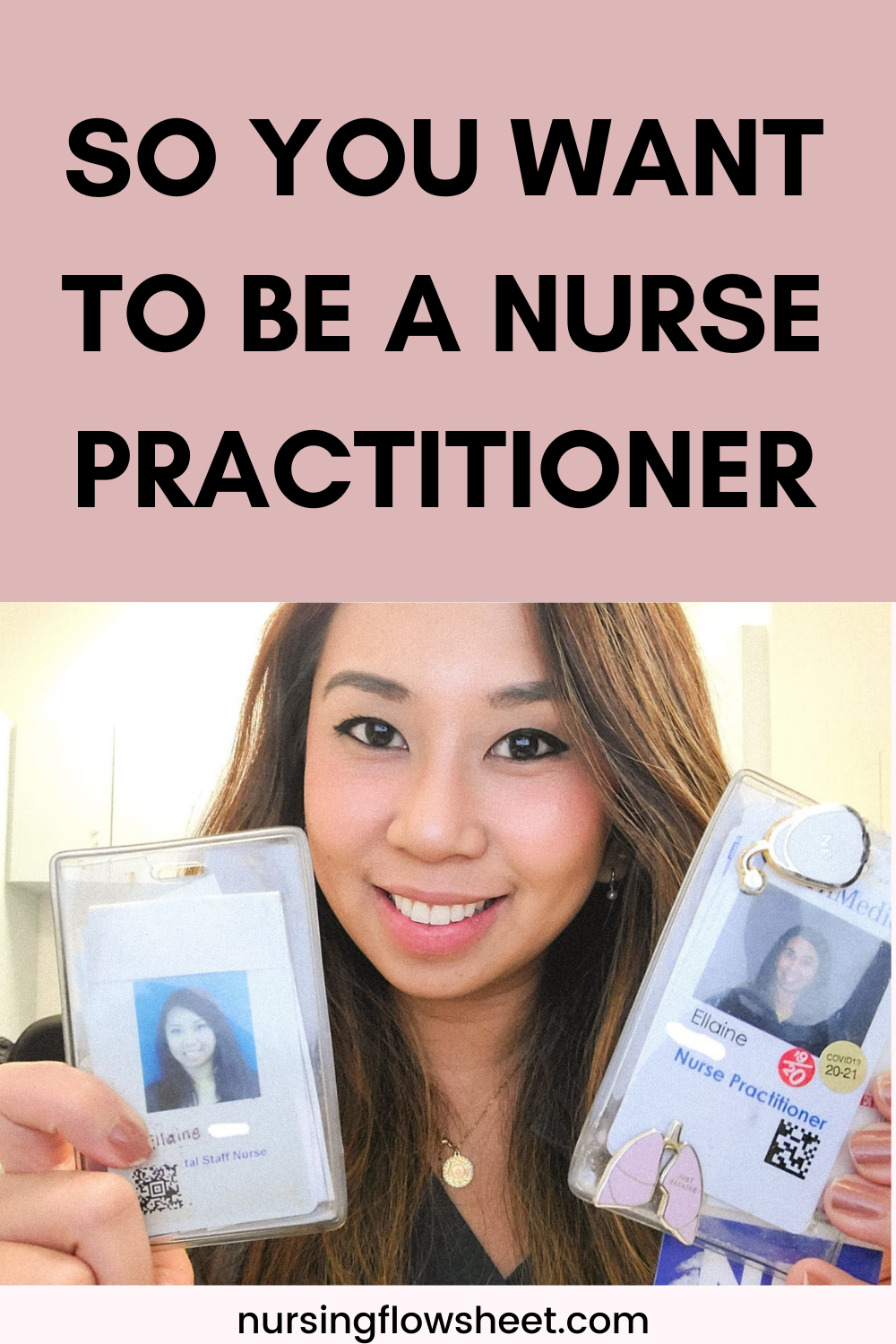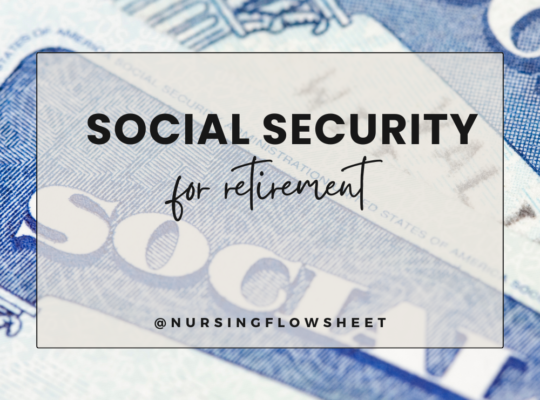Open enrollment season at work can feel overwhelming, with a myriad of benefit choices to consider. For nurses, who dedicate their time to caring for others, it’s essential to take care of their own financial and health needs too. In this blog post, we’ll demystify the open enrollment process and provide valuable insights for nurses, including what they need to know about their benefits, insurance options, and the choice between a Health Savings Account (HSA) and a Flexible Spending Account (FSA).

Understanding Open Enrollment: Open enrollment is a designated period when employees can review, select, and make changes to their workplace benefits. This typically occurs once a year and is an opportunity to ensure that your benefit selections align with your healthcare and financial goals.
Key Points for Nurses During Open Enrollment:
- Health Insurance Options:
- Assess your healthcare needs and evaluate the different health insurance plans available. Consider factors like premiums, deductibles, co-pays, and network coverage.
- Determine whether your preferred healthcare providers are in-network for the plan you’re considering, as this can significantly impact your out-of-pocket costs.
- READ: How does health insurance work?
- HSA vs. FSA:
- Health Savings Account (HSA) and Flexible Spending Account (FSA) are two options that can help you save on medical expenses AND ALSO lowers down your taxable income, but they have distinct features.
- HSA: Offers tax advantages, including tax-free contributions, tax-free withdrawals for qualified medical expenses, and the ability to invest funds for potential growth.
- FSA: Provides tax benefits, but contributions are “use it or lose it” by year-end, with limited carryover or grace period options. It can be used for eligible medical expenses, but there is no investment component.
- I opened a FSA last year so I can fund my lasik surgery for this year. Make sure you talk with your surgeon and let them know that you will be using your FSA card to pay.
- READ: Using Health Savings Account for Retirement
- READ: What is Flexible Spending Account
- READ: Difference of Health Savings Account vs Flexible spending account

3. Retirement Plans:
- Don’t forget to review your retirement plan options, such as 401(k) or 403(b) plans. Consider contributing enough to take advantage of employer matching, if available, as this is essentially “free money” for your future.
4. Other Benefits:
- Explore additional benefits like dental, vision, disability, and life insurance. Determine which, if any, are essential for your unique situation.
- Term life insurance is typically recommended if you are the sole provider and have a family that depends on your income.
- If you have foreseen medical conditions (for example thinking of starting a family or pregnancy)- starting a Short Term Disability can also supplement your income when you go on Maternity Leave.
5. Wellness Programs:
- Many workplaces offer wellness programs that can help you maintain or improve your health. Take advantage of these resources to stay healthy and reduce healthcare costs.
6. Family Needs:
- If you have dependents, consider their healthcare and financial needs when making your selections.
7. Ask Questions:
- If you’re uncertain about any benefit options or how they apply to your personal circumstances, don’t hesitate to ask your HR department for clarification.
Conclusion: Open enrollment is a valuable opportunity for nurses to make informed decisions about their workplace benefits and insurance options. Whether you’re choosing between an HSA and an FSA, evaluating health insurance plans, or considering retirement savings, taking the time to understand your options and make well-informed choices can have a significant impact on your financial and healthcare well-being. Remember that your HR department is there to assist and answer any questions you may have. By taking an active role in open enrollment, you can ensure that your benefits align with your needs and goals, allowing you to focus on what you do best—caring for others.







